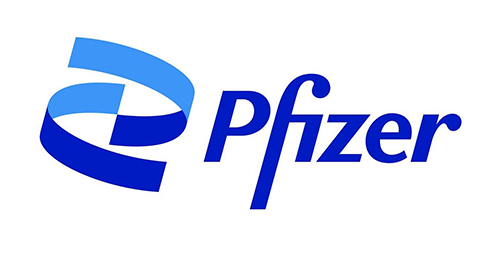
Recently Pat Furlong, PPMD’s founder and CEO, sat down with Dr. Beth Belluscio, Pfizer’s Global Clinical Lead of Rare Neurological Disorders, to discuss Pfizer’s learnings from previous gene therapy studies and updates on the CIFFERO study.
Pfizer recently shared that the FDA’s hold for the Phase 3 study of PF-06939926 was lifted and sites in the US can begin to open. PF-06939926 is a gene therapy approach using an Adeno Associated Virus (AAV9) to deliver a truncated mini-dystrophin transgene to muscle cells to replace the missing dystrophin protein in individuals with Duchenne.
The two sat down to discuss Pfizer’s learnings over the years of conducting clinical trials. We are sharing excerpts of that interview below with some additional context to help you and your family understand the discussion.
Introduction
Cardiac Safety & Protocols
As this community is well aware, the heart is a muscle too. So our understanding of the impact of gene therapy on the heart and any potential risks are key to ensuring we can safely deliver these investigational products to patients. Pat and Dr. Belluscio discussed the safety protocols being included in the CIFFERO study and talked about Cardiac Troponin I, a biomarker for monitoring the heart. Pfizer previously shared data from their Domagrozumab study (an anti-myostatin study that ended in 2018) that allowed recommendations to be published with cardiologists and PPMD in 2021.
Learnings from Previous Trials & Update on Current Trial Design
The two then expanded on the need to learn from previous trials and how this can inform better design of current and future trials, such as the use of the Cardiac Troponin I biomarker. Additionally the pair talk about how the death in Pfizer’sPhase Ib study has influenced the current trial design, such as the new hospitalization monitoring stay requirement in the study for the first week following dosing to ensure enhanced safety monitoring of patients.
Opening of US Trial Sites
We are happy to hear that sites will be opening in the US soon. Pat and Dr. Belluscio discussed the process for opening those sites, as each site will require approval from their own internal ethics committees. The two also touched on the follow up period after an individual has completed the trial and potential restrictions on participating in trials for other investigational therapies.
Modified Inclusion & Exclusion Criteria
Gene therapy is challenging and still in its infancy, as we learn more and more about the potential benefits and limitations of these investigational products.
One challenge that has arisen in the last year is the potential for an immune response to the transgene (the mini-dystrophin) being delivered in gene therapy. This is different from the immune response to the AAV, which is the virus being used to deliver the transgene. The transgene immune response appears to be the body recognizing the new dystrophin protein as foreign protein, called a neo-antigen, so the immune system responds like it would to other foreign proteins and targets the cells harboring the neo-antigen. There are subsets of genetic variants that appear to be associated with a higher risk of this immune response. Out of caution, individuals with the more at risk variants have been excluded from the CIFFERO study (exons 9-13 and 29-30).
If you are unsure if your child’s genetic variant is within these excluded regions, please reach out to one of PPMD’s genetic counselors at coordinator@duchenneregistry.org or click here to schedule an appointment.
To learn more about this specific transgene response and how the companies are working together to tackle the issue, please see the NIH hosted webinar on the subject.
Additional Information
Finally, we do wish to recognize that in spite of these challenges, there are thoughtful individuals working hard to ensure that potential therapies can be safely administered to individuals with Duchenne which will hopefully have meaningful impacts on their lives. We want to thank Dr. Belluscio for sharing this update on the CIFFERO trial with us, as well as for her hard work over the years with this community and we wish her luck on her future endeavors.
For additional information about the CIFFERO trial please visit ClinicalTrials.gov (NCT04281485) or the Pfizer website.



 by: Parent Project Muscular Dystrophy
by: Parent Project Muscular Dystrophy

